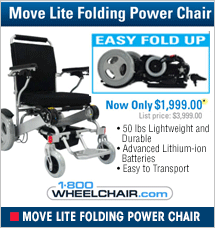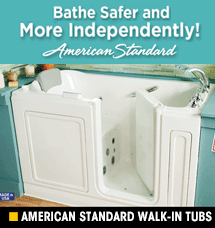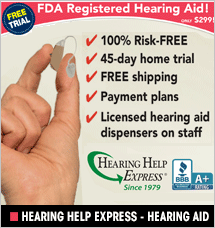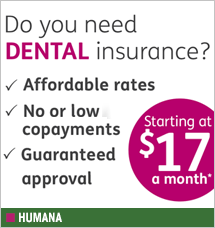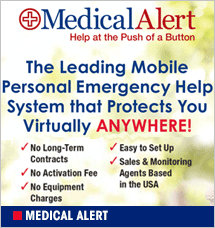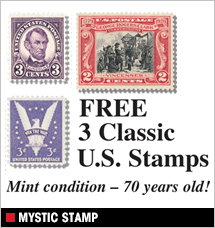
If you still receive your Social Security payment by snail mail, you are one of slim minority. Currently, nine out of ten Social Security recipients get their checks electronically. Like it or not, in one year, so will you. According to a 2010 ruling from the Treasury Department by March of 2013, paper checks will have been phased out.
To move recipients in that direction, since May, 2011, all new applicants for Social Security, SSI, Veterans benefits, Railroad Benefits, have been required to receive payment either by direct deposit or by Direct Express Debit MasterCard. The same restriction will apply to all existing recipients of paper checks by next March.
Why the Change?
People who like receiving a paper check may be troubled by this development. But in 2010 alone, more than 540,000 Social Security paper checks were lost or stolen and had to be replaced, at great inconvenience and distress to the recipients. Under the new paperless system, the possibility of a lost or stolen check is virtually eliminated. Problems with electronic payments are fewer, and easier to track and resolve. Another benefit to you, you will no longer have to rush to the bank and wait in line to deposit your check. No more waiting for mail delivery. Your check is deposited on time, whether you are at home or out of town.
Those are nice benefits for you. But the main reason for the change is simple economics. Taxpayers will save more than a billion dollars over 10 years by making this one simple change. U.S. Treasurer Rosie Rios said the cost difference per check is about 92 cents, multiplied by millions of paper checks each month (about 7 million per month last year). Besides the cost to print and mail checks, the process involves an enormous amount of paper, which will be saved under the new system.
Getting the Word Out
To alert everyone to the change, the Treasury Department is developing a public education campaign. If you receive paper checks, your March check probably includes a flyer to remind you that this change is coming soon. The flyer should explain what your options are, for receiving your check and for how to make the switch.
The Treasury Department wants you to know that the direct deposit option delivers your Social Security or SSI benefit directly into your bank, savings and loan, or credit union account, quickly and safely. You will be able to do everything with your money that you do now: withdraw funds, pay bills, put some into savings. The only difference is that your check will not be printed and mailed.
Can You Opt Out of This Change?
The short answer is, no. You have till March 1, 2013, to switch to direct deposit or the Direct Express debit card. You can learn more by visiting the Treasury Department’s Go Direct website at http://www.godirect.org.
How Do You Make the Switch?
You can sign up online, or get more information online by visiting the Department of the Treasury’s Go Direct® website at http://www.godirect.org.
- You can also call (800) 333-1795 Monday – Friday 8 a.m. to 8 p.m. EST.
- Or switch at your bank or credit union (for direct deposit only).
- Or at your local federal benefit agency office.
How Will You Know Your Money is Deposited Each Month?
If you are receiving a direct deposit, you can simply check your bank balance on payment day. If you have a Direct Express card, you can request a free text or email alert by going to www.USDirectExpress.com to let you know your money has landed.
What Else Should You Know?
If you don’t have a checking or savings account, you may want to opt for the Direct Express card. This is a no- or low-cost prepaid debit card that can be used anywhere a debit MasterCard can be used. Find out more about these cards by visiting http://www.USDirectExpress.com.
Teresa Ambord is a former accountant and Enrolled Agent with the IRS. Now she writes full time from her home, mostly for business, and about family when the inspiration strikes.





















